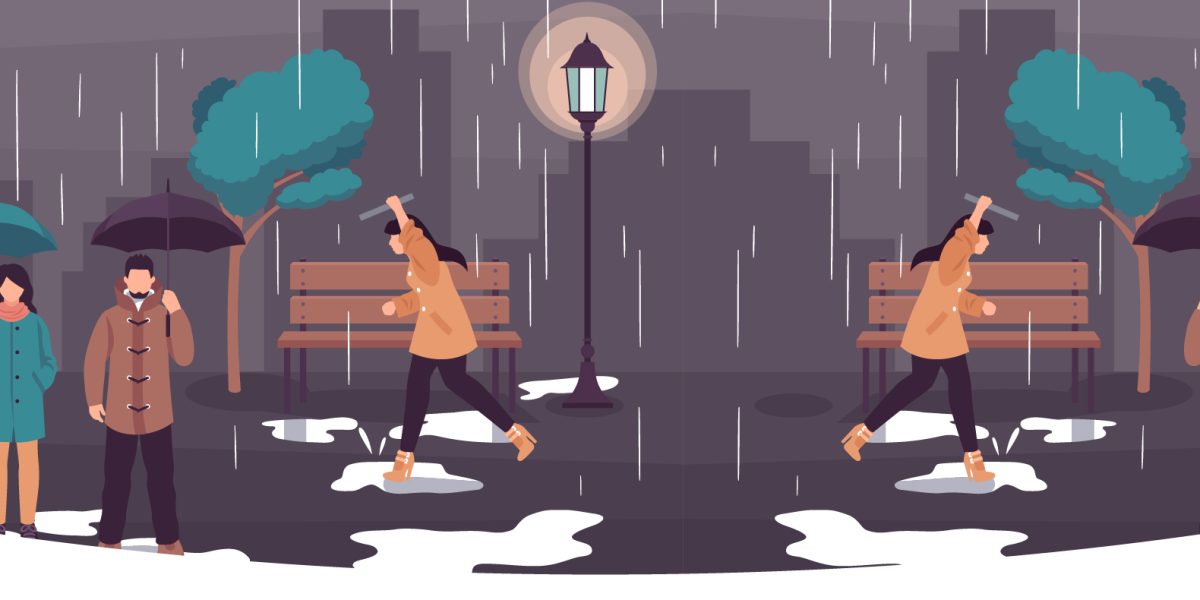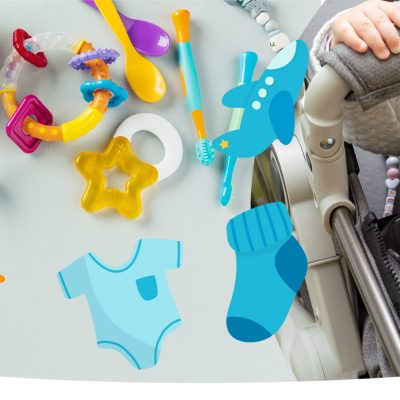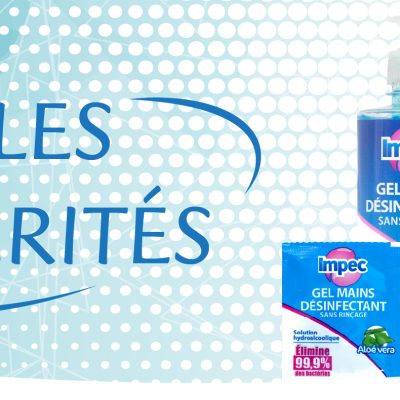The rainy season is both a dreaded and eagerly awaited time of year in Madagascar, due to the pros and cons that come with it. Indeed, it’s not uncommon for abundant rainfall to cause flooding all over the island. Water seeps into houses and streets become impassable, even in major cities.
This humid climate, combined with unsanitary conditions, can quickly expose anyone to certain health risks.
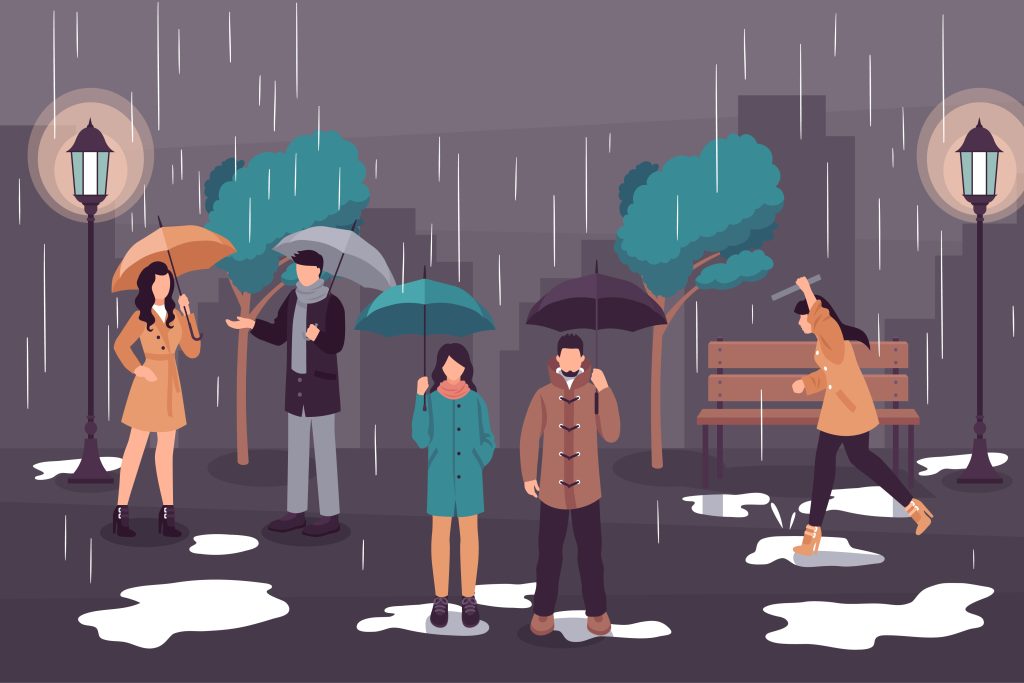
That’s why it’s so important to pay attention to hygiene on a daily basis.
What to do about hygiene in the rainy season?
There are several steps you can take to avoid contamination and the spread of disease during the rainy season:
Observe personal hygiene rules
Hygiene is very vital during the wet season, when climatic conditions increase the risk of bacterial proliferation. To avoid various infectious diseases, you must above all ensure impeccable personal hygiene, in particular by:
- Regular hand washing with clean water and soap;
- Disinfect hands with hydroalcoholic gel,
- Use single-use tissues;
- Wear a mask, especially if you have a cough or flu-like symptoms.
At the same time, as far as possible, avoid wading barefoot in mud and especially in water likely to be contaminated. In the event of injury, always disinfect the wound thoroughly.
Creating a healthy, hygienic environment
The aim is also to create a healthy environment by eliminating as much as possible the accumulation of water, which is a potential source of contamination.
Mosquitoes in particular like to lay their eggs in this accumulated water, which optimizes their proliferation and the spread of diseases such as malaria and dengue fever. For this reason, take care to empty all cups, gutters, flowerpots and any other place where water stagnates.
Don’t forget to cover water tanks so that mosquitoes can’t lay their eggs in them.
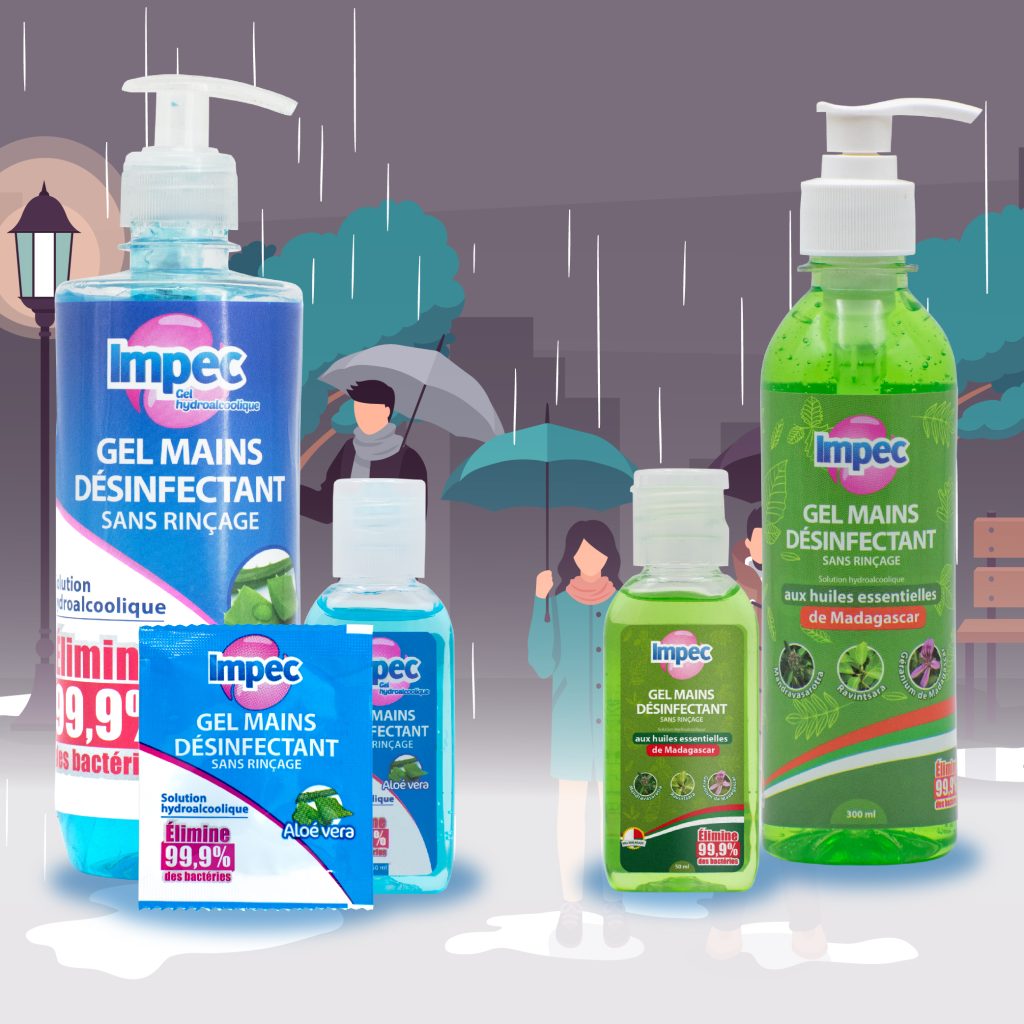
Finally, use mosquito protection such as mosquito coils and mosquito nets inside the house to prevent any risk of being bitten by these insects.
Food hygiene
To avoid illness, it’s also important to comply with food safety regulations. This means:
- Boil water before drinking, especially from public fountains ;
- Wash fruit and vegetables thoroughly with a disinfectant if necessary, before eating;
- Cook meat thoroughly;
Never leave cooked food at room temperature.
Which infections are likely to proliferate after heavy rains?
The rainy season is an ideal time for the spread of certain diseases, which can be very serious:
Respiratory infections
Infections affecting the nose and bronchi are not uncommon after heavy rain. Flu, coughs, colds… are very common as temperatures drop and water becomes contaminated. Covid-19, in particular, is still rife, so you need to be constantly observant of barrier measures, and take the appropriate action at the first sign of symptoms.
Leptospirosis
Leptospirosis is a disease caused by bacteria that penetrate the skin when you walk barefoot in dirty water and mud. Leptospires also enter through mucous membranes and wounds and, after an incubation period averaging 10 days, cause a severe flu-like illness with fever, headaches and muscle and joint pain.
It needs to be treated as soon as possible to prevent symptoms from worsening. As soon as the first signs of illness appear, you should consult a doctor so that antibiotics can be prescribed.
Dengue fever and/or malaria
Mosquitoes proliferate especially during the rainy season, when water stagnates and they can lay their eggs. That’s why you need to redouble your efforts to protect yourself against mosquitoes as soon as the rains begin. It’s also important to eliminate breeding grounds inside and outside your home.
Gastroenteritis
Gastroenteritis is an illness caused by fecal germs and pathogens, which are very likely to be circulating at a time when sewage and black water overflow onto the streets. The symptoms are nausea, stomach cramps, vomiting and diarrhea.
Although this disease is relatively easy to treat, it can quickly tire the most vulnerable people and children. So, to avoid it, pay scrupulous attention to hand and food hygiene.

